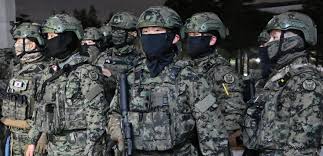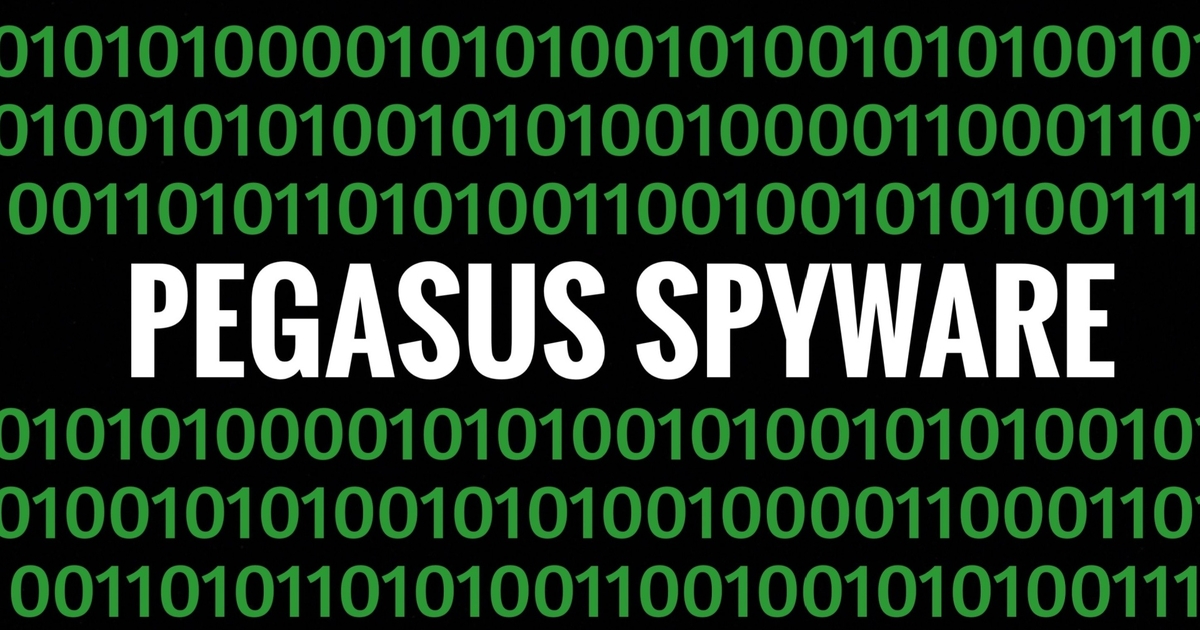Recent updates about the martial law in South Korea and the whereabouts of its prime minister are still sketchy, and the information is coming out slowly.
Yoon Suk Yeol’s shock declaration—and subsequent reversal—has sent South Korea into political chaos and left their president facing impeachment
South Korea’s president, Yoon Suk Yeol, is facing impeachment after he sent heavily armed forces into Seoul’s streets with his baffling and sudden declaration of martial law on Tuesday.
The move stirred memories of past dictatorships in the country, moving thousands to come out onto the streets and protest, with the military powerless, or unwilling, to do anything about it.
Martial law in South Korea and impeachment of its president

Opposition parties submitted an impeachment motion hours after parliament unanimously voted to cancel Yoon’s declaration.
Impeaching Yoon requires the support of two-thirds of the national assembly and at least six of the nine constitutional court justices.
The liberal opposition Democratic Party holds a majority in the 300-seat parliament and has called for Yoon’s resignation.
A vote on his impeachment could come as early as tomorrow. Today we’ll look at what happened and why.
During the tense hours under martial law, heavily armed forces surrounded the parliament, backed by army helicopters and armored vehicles.
Lawmakers climbed walls to get into the building and held off troops by activating fire extinguishers.
Politician and former news anchor Ahn Gwi-ryeong tried to pull an assault rifle away from a soldier who had pointed it at her chest as she shouted, “Aren’t you ashamed of yourselves?”
 Newspicket.com Curating Insights, Reviews, and Stories That Matter
Newspicket.com Curating Insights, Reviews, and Stories That Matter

